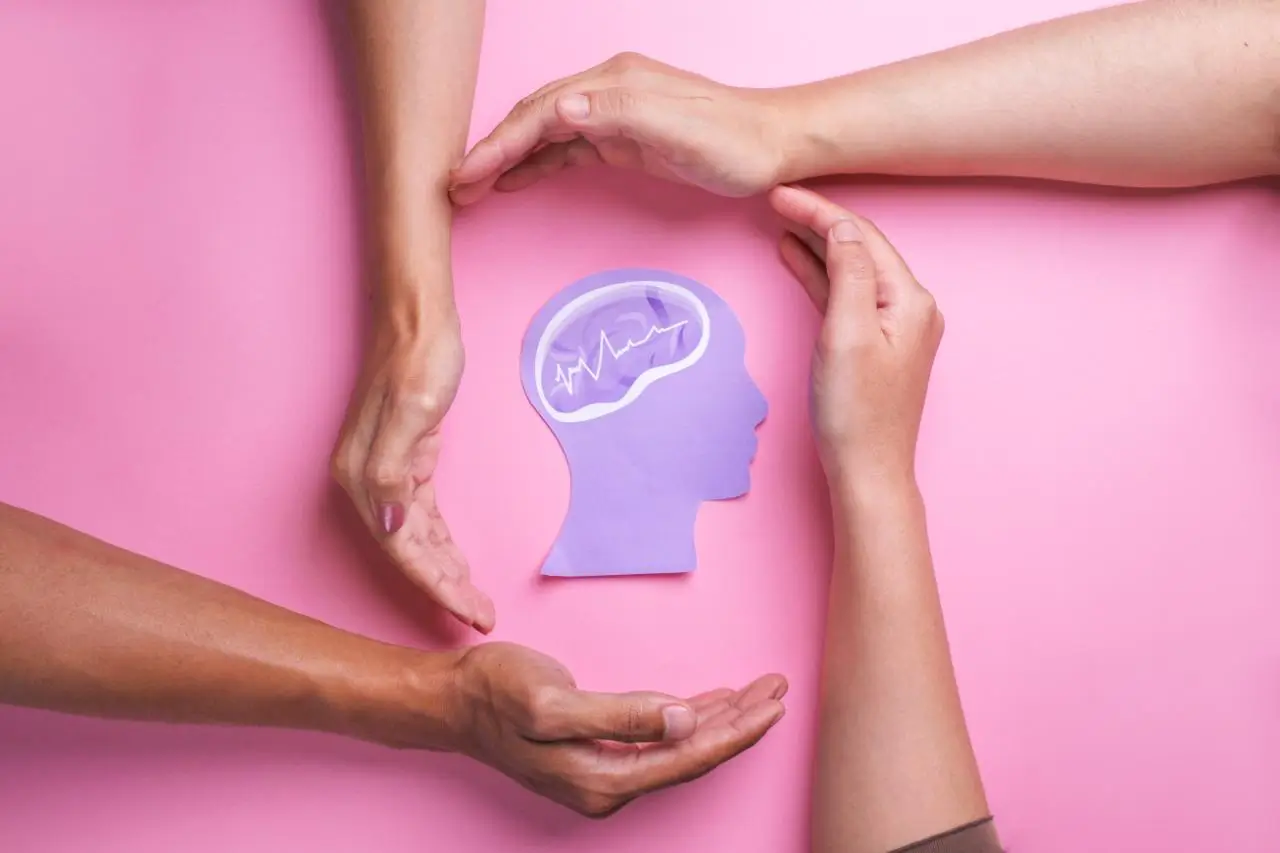Well-being
Well-being is more than just a buzzword. It’s a holistic concept that encompasses various aspects of our lives.
From our mental and physical health to our emotional and social connections, well-being plays a crucial role. It’s about feeling good and functioning well, both individually and as part of a community.
But how do we achieve and maintain this state of well-being? What practical steps can we take to enhance our mental health, wellness, and self-care practices?
These are some of the questions we’ll explore in this article. We’ll delve into the pillars of well-being, provide actionable advice, and discuss the importance of self-care.
Whether you’re seeking to enhance your personal health and happiness, or you’re interested in mental health and wellness, this guide is for you. Let’s embark on this journey to well-being together.
Understanding Well-being
To fully grasp the concept of well-being, we need to start with its definition. Well-being is a state of comfort, health, or happiness. It’s a positive and fulfilling condition that everyone aspires to achieve.
But well-being is not just about feeling good. It’s also about functioning well, both on a personal level and in social contexts. It’s about being satisfied with life, having a sense of purpose, and being able to cope with stress.
Well-being is a holistic concept. It encompasses various dimensions, including:
- Mental health
- Physical health
- Emotional well-being
- Social well-being
- Life satisfaction
Each of these dimensions contributes to our overall sense of well-being. They are interconnected, and improvement in one area often leads to enhancement in others.
In essence, well-being is a complex interplay of various life areas. It’s about achieving balance and harmony in all aspects of our lives. Understanding this holistic nature of well-being is the first step towards enhancing it.
The Pillars of Well-being
Let’s delve deeper into the pillars of well-being. These are the key areas that form the foundation of our overall well-being.
Mental health is a crucial pillar. It’s about our psychological and emotional state. Good mental health allows us to think clearly, react reasonably, and live productively. It’s about being able to handle life’s ups and downs, build strong relationships, and recover from setbacks.
Physical health is another vital pillar. It’s about the condition of our bodies. Good physical health means having the energy and strength to perform daily activities without undue fatigue. It’s about maintaining a healthy weight, eating a balanced diet, getting regular exercise, and having regular health check-ups.
Emotional well-being is about our feelings. It’s about experiencing a range of emotions, from joy and love to sadness and anger, in a healthy way. It’s about being able to manage these emotions, not letting them control us.
Social well-being is about our relationships. It’s about having strong, positive connections with others. It’s about feeling loved, cared for, and valued. It’s about contributing to our community and feeling a sense of belonging.
In summary, the pillars of well-being are:
- Mental health
- Physical health
- Emotional well-being
- Social well-being
Each pillar is important in its own right. But they are all interconnected, and they all contribute to our overall sense of well-being.
Practical Steps to Enhance Well-being
Improving our well-being is a journey, not a destination. It requires consistent effort and commitment. Here are some practical steps you can take to enhance your well-being.
Strategies for Improving Mental Health
Mental health is a crucial aspect of well-being. Here are some strategies to improve it:
- Practice mindfulness: Mindfulness involves focusing on the present moment without judgment. It can help reduce stress and improve mental clarity.
- Seek professional help: If you’re struggling with mental health issues, don’t hesitate to seek help from a mental health professional.
- Limit screen time: Excessive screen time can negatively impact mental health. Try to take regular breaks from digital devices.
Tips for Maintaining Physical Health
Physical health is another key aspect of well-being. Here are some tips to maintain it:
- Regular exercise: Aim for at least 30 minutes of moderate-intensity exercise most days of the week.
- Balanced diet: Eat a variety of foods, including fruits, vegetables, lean proteins, and whole grains.
- Adequate sleep: Aim for 7-9 hours of sleep per night. Good sleep is essential for physical health and well-being.
Ways to Foster Emotional and Social Connections
Emotional and social connections are vital for our well-being. Here are some ways to foster them:
- Cultivate positive relationships: Spend time with people who make you feel good about yourself.
- Practice gratitude: Regularly expressing gratitude can improve your mood and emotional well-being.
- Volunteer: Volunteering can provide a sense of purpose and help you feel more connected to your community.
Remember, enhancing well-being is a personal journey. What works for one person may not work for another. So, experiment with different strategies and find what works best for you.
Self-Care: A Key to Well-being
Self-care is an essential part of well-being. It involves taking care of your physical, emotional, and mental health. It’s about prioritizing your needs and taking time to nurture yourself.
Self-care routines can vary greatly from person to person. What matters is that these routines help you relax, recharge, and feel good about yourself. They should be activities that you enjoy and look forward to.
Here are some simple self-care practices for daily life:
- Take a walk in nature: Spending time in nature can help reduce stress and improve mood.
- Practice mindfulness: Whether it’s through meditation or simply paying more attention to your surroundings, mindfulness can help improve mental well-being.
- Set boundaries: Learn to say “no” when you need to. Setting boundaries can help prevent burnout and protect your mental health.
Remember, self-care is not a luxury, but a necessity. Make it a regular part of your routine to enhance your well-being.
Overcoming Obstacles to Well-being
Life is full of challenges and stressors. These can take a toll on our well-being if not managed properly. It’s important to develop strategies to deal with stress and build resilience.
Here are some ways to overcome obstacles to well-being:
- Practice stress management techniques: This could be deep breathing, yoga, or any activity that helps you relax.
- Build resilience: This involves developing coping mechanisms to deal with life’s ups and downs. It could be through therapy, self-help books, or support groups.
- Seek help when needed: Don’t hesitate to reach out to professionals if you’re struggling with mental health issues.
Remember, it’s okay to have bad days. What’s important is that you don’t let these challenges deter you from your path to well-being. Keep pushing forward, and remember to take care of yourself along the way.
Conclusion: Integrating Well-being into Your Lifestyle
In conclusion, well-being is a holistic concept that encompasses mental, physical, emotional, and social health. It’s not just about being free from illness, but also about leading a fulfilling and balanced life.
Remember, well-being is a lifelong journey. It requires ongoing commitment and effort. So, keep practicing self-care, stay connected with your loved ones, and always strive for balance in all aspects of your life. Your well-being is worth it.



















